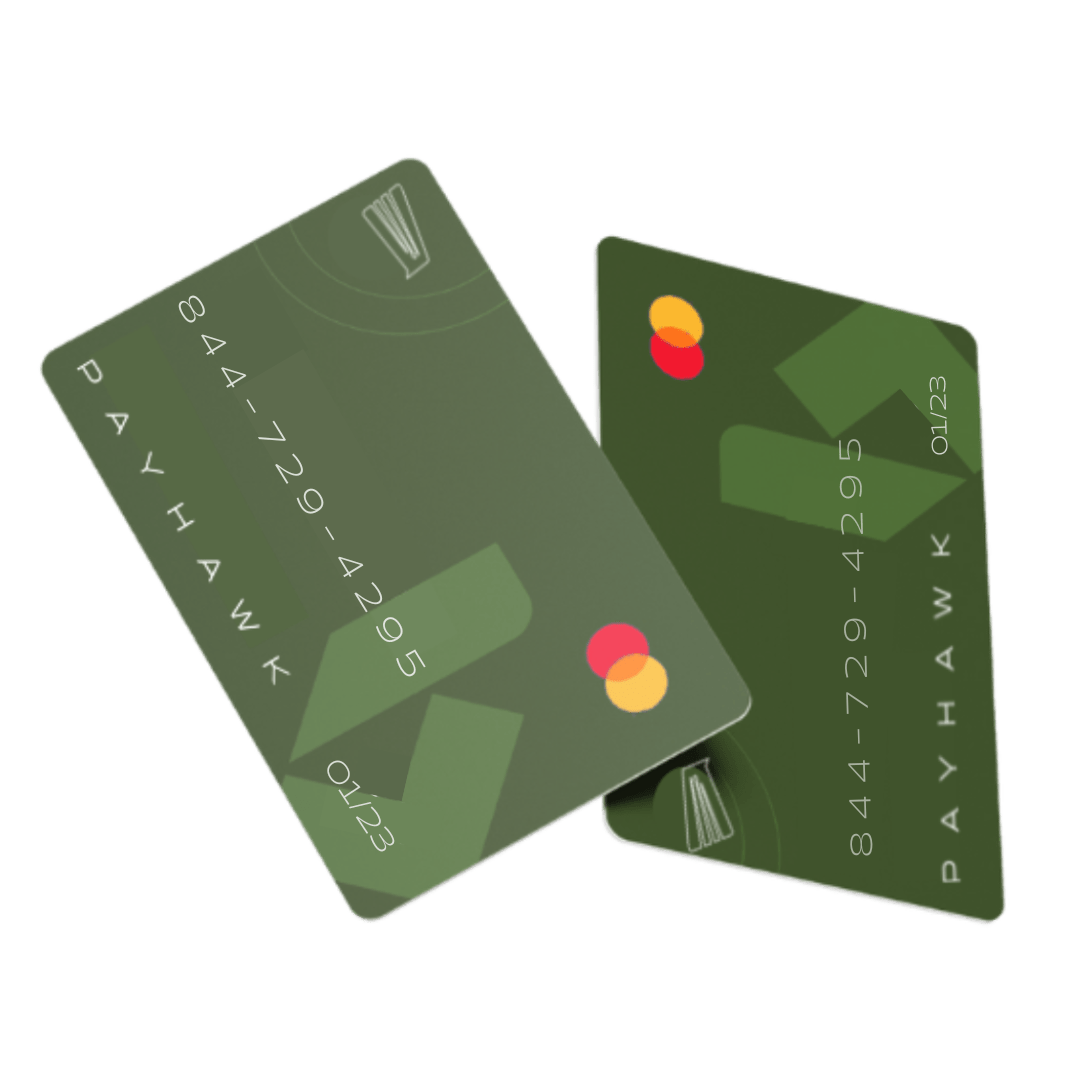Chargebacks are a common occurrence in the world of credit card transactions. It happens when a customer disputes a transaction, and the merchant’s bank has to return the funds to the customer’s bank. Chargeback fees are the fees charged by the merchant’s bank to cover the cost of processing the chargeback.
Here’s everything you need to know about chargeback fees.
How Much Are Chargeback Fees?
Chargeback fees vary depending on the merchant’s bank and the card network involved. Typically, chargeback fees range from $20 to $100 per chargeback. Some banks may charge a percentage of the transaction amount, which can be as high as 5%.
Who Pays Chargeback Fees?
The merchant is responsible for paying the chargeback fees, and the amount is deducted from their account balance. If the merchant does not have sufficient funds in their account to cover the chargeback fees, the bank may place a hold on the account until the fees are paid.
What Are the Consequences of Chargebacks for Merchants?
Chargebacks can have several consequences for merchants, including:
- Loss of revenue
- Chargeback fees
- Damaged reputation
- Increased processing fees
- Limited ability to accept credit card payments
What Should Customers Do If They Want to Dispute a Transaction?
Customers who want to dispute a transaction should contact their bank or credit card issuer immediately. The bank or issuer will investigate the dispute and determine whether the charge should be reversed. Customers should also try to resolve the dispute directly with the merchant before initiating a chargeback.
What Should Merchants Do If They Receive a Chargeback?
Merchants who receive a chargeback should respond promptly and provide all relevant information and documentation to their bank. Merchants should also try to resolve the dispute directly with the customer before the chargeback is processed.
Can Merchants Contest Chargeback Fees?
In some cases, merchants may be able to contest chargeback fees if they believe that the chargeback was not valid or if they can prove that they took appropriate steps to prevent the chargeback. Merchants should contact their bank or card network to dispute the chargeback and provide all necessary documentation to support their case.
How Can Merchants Reduce the Likelihood of Chargebacks?
Merchants can take several steps to reduce the likelihood of chargebacks, including:
- Using a reliable payment gateway
- Providing accurate product descriptions and images
- Offering clear refund and return policies
- Verifying customer identity and address
- Responding to customer inquiries promptly
Merchants should also be prepared to respond promptly and appropriately when chargebacks do occur.
Partner with PayHawk to Help With The Chargeback Process
The best way to counter chargebacks is by letting a professional help. Meet PayHawk. We’re a merchant service provider who specializes in everything related to payment processing. By partnering with PayHawk you’ll have the support you need to navigate the chargeback process, to help you maximize your income, and NOT pay out chargebacks.


